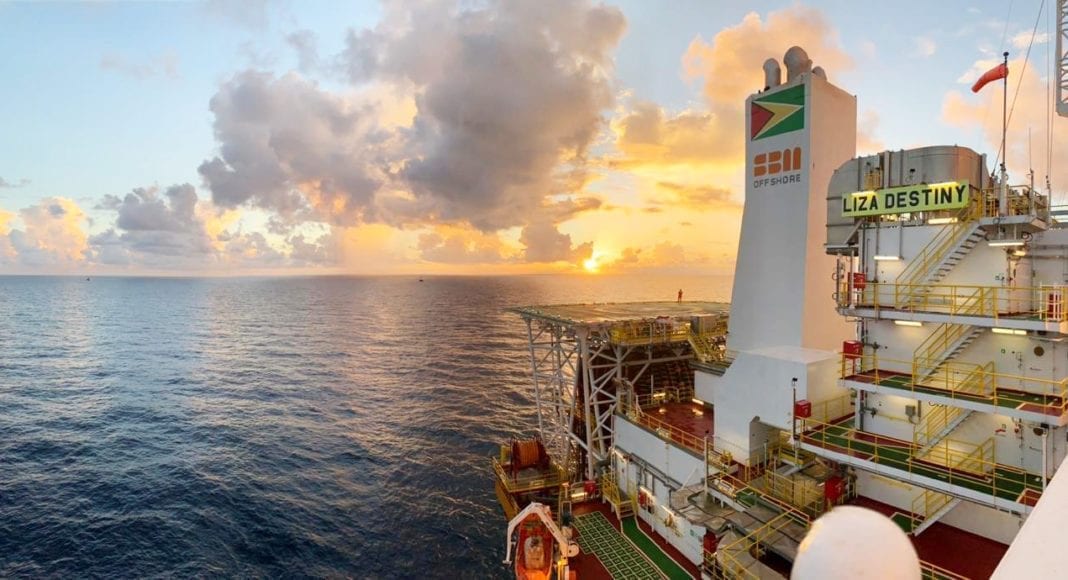Challenges brought on by unprecedented flooding across Guyana and the impact of the COVID-19 pandemic have seen some sections of the populace calling for government to tap into the Natural Resource Fund (NRF) which currently holds over US$344M in oil revenue. While this may be a tempting option, using the NRF as an emergency slush fund would only set an unfavourable precedence for Guyana, according to Financial Analyst, Mr. Floyd Haynes in a recent interview on Kaieteur Radio’s Governance, Corruption and Justice.
“I am always erring on the side of caution when it comes to the Sovereign Wealth Fund (SWF) to use it as an emergency slush fund. It is a very bad precedent to set, and so my first reaction would be that it is a bad idea, and then that brings all kinds of problems as it relates to the Dutch disease,” the analyst explained.
Haynes, who is also a Certified Public Accountant (CPA), reminded listeners that NRFs or SWFs are created to be intergenerational, and benefit future generations. He made references to the renowned Norwegian model and the Santiago Principles, which were created to assign best practices for the operations of Sovereign Wealth Funds.
But on that same token, he was quick to recognise that Guyana has immediate developmental needs. To this end, he indicated that the country should create its own rules and guidelines in the context of these needs.
“We need improvements in healthcare, education, and infrastructure. Again, it’s a balancing act. We can’t take all of the money and spend it on those things, but we have to be able to use some of that money to develop the country,” the Financial Analyst commented.
He went on to say, “If you look at countries like Norway, they were developed when they discovered oil, so they did not have some of the immediate and pressing needs we have.”
Furthermore, the fund should be managed by a professional, independent firm, Haynes noted, as he pointed out that it is a move adopted by many countries.
On the administrative side, the Financial Analyst indicated that Guyana must have strong policies guiding government withdrawals and deposits into the fund.
“Who determines what goes into that fund? But more importantly, who determines how and when money comes out? I think that that is something that is best handled by a group or panel, a commission of some sort. No single individual should be able to make that decision. You have to have a commission with checks and balances, and you can be creative,” he pointed out.
Representatives from the government, civil society and even the diaspora can sit as members and oversee this Commission, Haynes suggested.
Since assuming office in August 2020, the Guyana government has made no attempt to utilize the Natural Resource Fund in its current configuration. The administartion has reiterated that it plans to completely repeal and replace the current Act with one that guards against political interference and mismanagement. Haynes commended the Guyana Government for its stance in this regard.
President of Guyana, Dr. Mohamed Irfaan Ali had revealed in May that the Norwegian and Kazakhstani oil fund models are amongst some of the frameworks being examined to inform the new version of Guyana’s Natural Resource Fund.
Whatever route the Guyana Government chooses, President Ali had emphasized that transparency and accountability will be the main pillars of Guyana’s wealth fund. He highlighted, too, that bridging deficits in several of Guyana’s sectors must be paramount.



